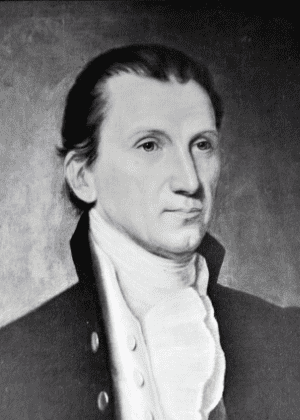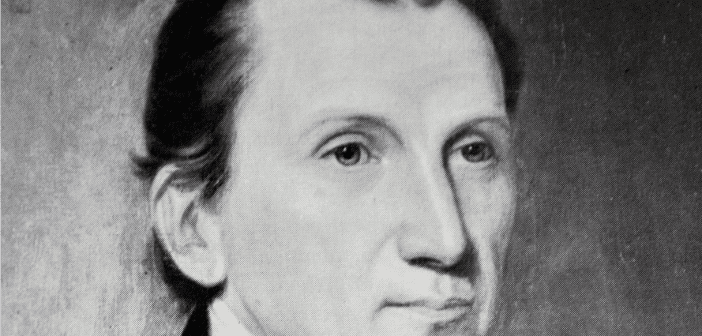I’m continuing my journey through the biographies of the presidents. For the fifth president, I chose The Last Founding Father: James Monroe and a Nation’s Call to Greatness by Harlow Giles Unger.
Monroe, without a doubt, was one of the greatest U.S. presidents. He helped acquire significant portions of territory that would eventually define the boundaries of our country. He also helped shape foreign policy that’s still reflected in how we interact with other countries today.

Here are ten leadership lessons from my reading:
1. Take new territories to experience new results.
“The massive building programs transformed the American wilderness into the most prosperous and productive nation in history, generating enough wealth to convert U.S. government deficits into large surpluses that allowed Monroe to abolish all personal taxes in America.”
2. Sometimes the greatest lessons come from those with whom you disagree.
“The friendships he formed, he said, combined to ‘break down my local prejudices and attach my mind and feeling to the union.’”
3. Surround yourself with others who can stretch your vision.
“Lafayette viewed the Revolutionary War as more than a war to liberate thirteen colonies from Britain; he believed it represented a worldwide conflict to liberate mankind from tyranny of all kinds, religious as well as political. Monroe instantly embraced the broadened concept, seeing beyond national borders for the first time and growing passionate about the rights of man.”
4. Make generosity a priority.
“He was curious, courteous, open—never arrogant or condescending—and generous to a fault.”
5. Leaders face challenges others are unwilling to engage.
“Although he failed to score any victories in Congress, his became one of the most prominent—and ominous—voices in the nation, expostulating on issues that few state leaders had dared to face.”
6. Just because an idea has more votes doesn’t make it right.
Instead of majority rule, as in a democracy, the compromise created a republican government that protected the rights of the minority. In the end, every state won something it wanted, and no state won everything.
7. Healthy teams begin with healthy communications.
“A month or more often elapsed between the writing and receipt of communications, often turning events discussed in such communications into history by the time they arrived and making any responses irrelevant.”
8. Prioritize the interests of others.
“Even as a young man, Monroe had never clung obstinately to any political position if he recognized it to be contrary to the nation’s interests.”
9. Identify and take action on both strengths and weaknesses.
“Monroe’s goal, according to Quincy Adams, was ‘to become acquainted with the people and learn their wants . . . and inform himself in regard to the resources of the country, and the means necessary to develop them. He likewise desired . . . to discover the vulnerable points on the sea-coast, and decide how . . . to provide for their security.’”
10. The best decision is not always the quickest decision.
“Secretary of War Calhoun declared ‘few men . . . his equals in wisdom and devotion to country. He had a wonderful intellectual patience; and could above all men, that I ever knew, when called on to decide an important point, hold the subject immovably fixed under his attention, until he had mastered it in all its relations. It was mainly to this admirable quality that he owed his highly accurate judgment. I have known many much more rapid in reaching a conclusion, but few with a certainty so unerring.’”
Monroe was so successful in his first term, that he ran unopposed in his second term. Can you imagine how that must have impacted cable news ratings? It’s another great reminder of how much impact you can have when you work to foster unity.
Photo Credit: Tony Fischer Photography via Compfight cc








Leave a Reply